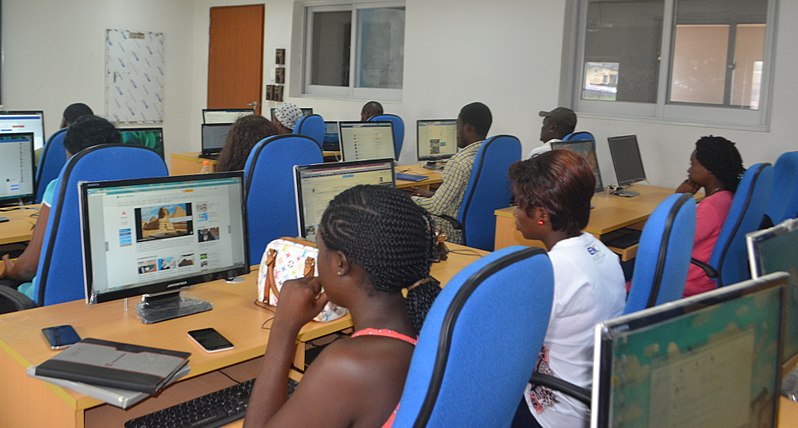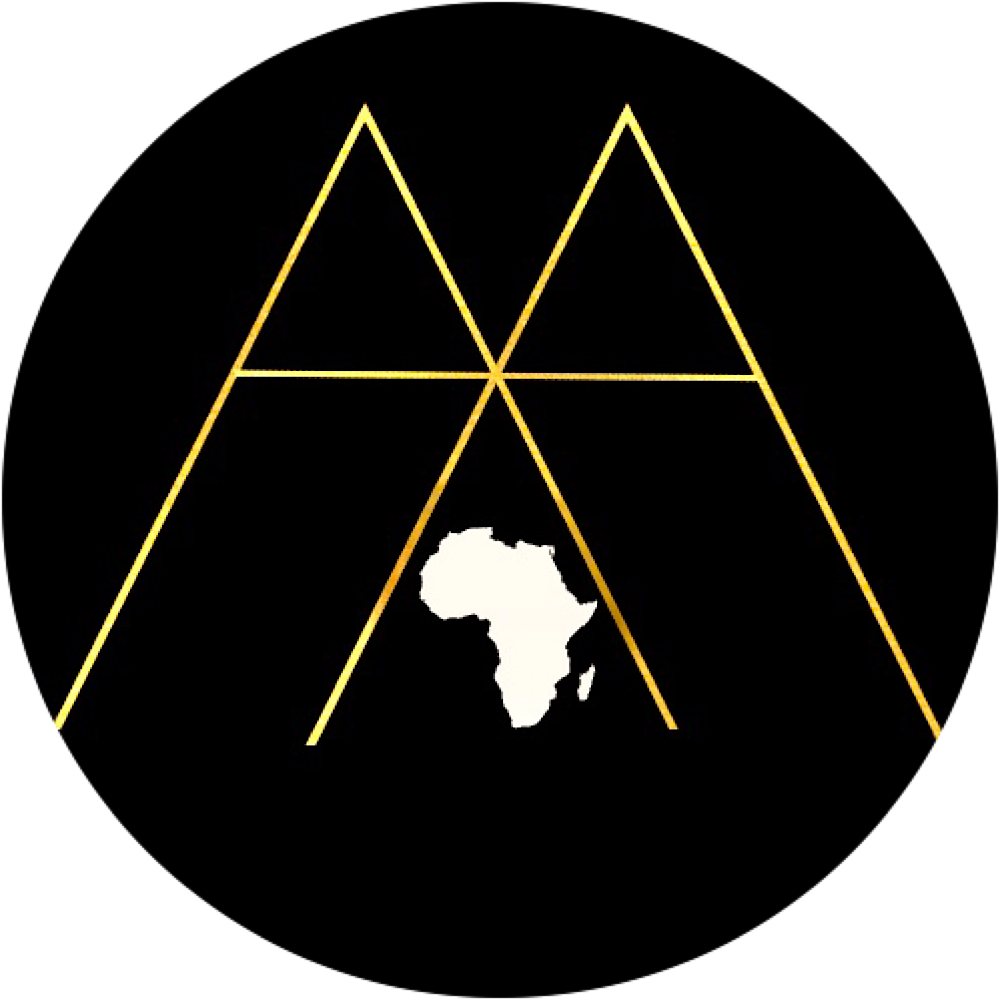(5 mins read)

The blocking of social media applications such as Facebook, Twitter and WhatsApp is becoming increasingly common in certain African countries. Digital rights activists say it’s censorship, but governments argue it helps maintain security.
How do governments exactly block people from social media?
A government can restrict access by ordering internet service providers (ISPs) to limit access to their subscribers. Commonly used sites such as Facebook and Twitter are likely to be the first applications restricted. In extreme measures, governments can ban all internet access all together
How many countries have blocked access?
Cases of internet shutdowns in Africa have been rising.
Tanzania restricted access to the internet and social media applications during elections in October 2020. In June that year, Ethiopia imposed an internet shutdown which lasted for close to a month after unrest which followed the killing of a prominent Oromo singer and activist Hachalu Hundessa. Zimbabwe, Togo, Burundi, Chad, Mali and Guinea also restricted access to the internet or social media applications at some point in 2020.In 2019, there were 25 documented instances of partial or total internet shutdowns, compared with 20 in 2018 and 12 in 2017, according to Access Now, an independent monitoring group.
In each country, it’s down to the individual service providers to carry out instructions from the authorities to block access. One method used is known as URL-based blocking, which is a filter that prevents access to a list of banned sites. A user trying to access these sites might see various messages such as “server not found” or “this site has been blocked by the network administrator”.
Another method is called throttling. This severely limits traffic to specific sites, giving the impression that the service is slow, thereby discouraging access. It’s more subtle because it’s difficult to know whether sites are being actively restricted or whether poor broadband infrastructure is to blame.
As a final measure, telecoms companies can be required to shut down their services entirely, preventing all access.
Can service providers say no?
The ability of governments to censor the internet depends on their ability to exercise control over telecommunications companies. Internet service providers are licensed by governments, which means they risk fines or the loss of their contracts if they disagree with governmental impositions. Operators may have the right to appeal to the courts, but in practice they rarely do.
So what can the people do?
People can use virtual private networks (VPNs) to try and evade government blockage. These encrypt data paths, making it difficult for service providers to block access to restricted sites.
Some African governments have pointed to the rise of “fake news” online as a reason for enforcing restrictions and though these government concerns are true and cannot be denied. Many fear that this is the government’s attempt to silence them and to cover any injustices.
Top Posts & Pages
- 5 cool places to visit in Guinea: Conakry
- 8 incredible things to do in Freetown, Sierra Leone - Travel Blog
- Home
- Conakry, Guinea - Ultimate Guide
- About
- The Top 5 Cultural and Historical countries in West Africa
- Madagascar - A 2026 Travel Guide
- Mauritius - A 2026 Travel Guide
- Sierra Leone - A 2026 Travel Guide
- South Africa - A 2026 Travel Guide
Have a story? Would you like to be a writer for our platform? If so, Contact us below
Weekly Blog Stats
- 28,905 Views
